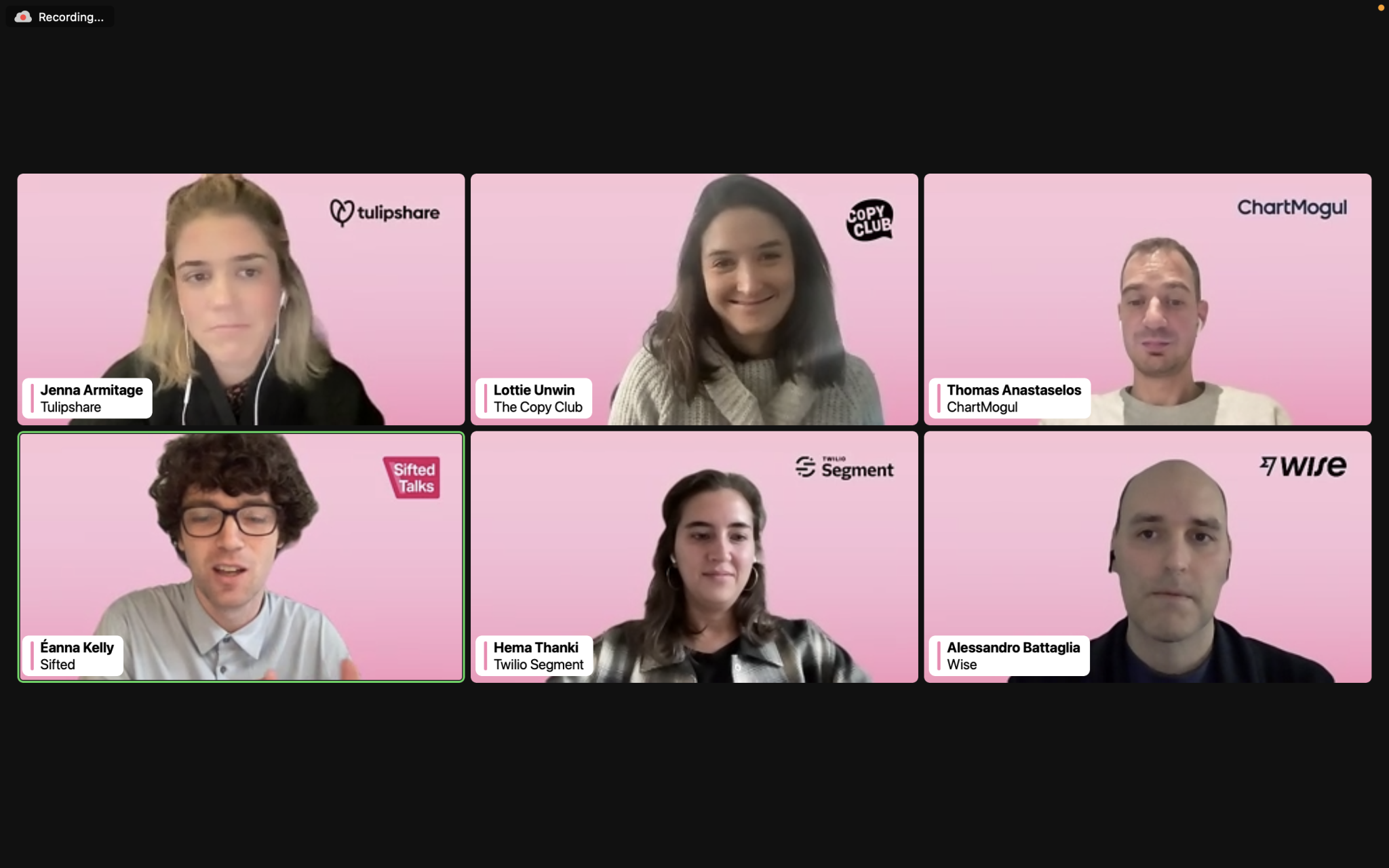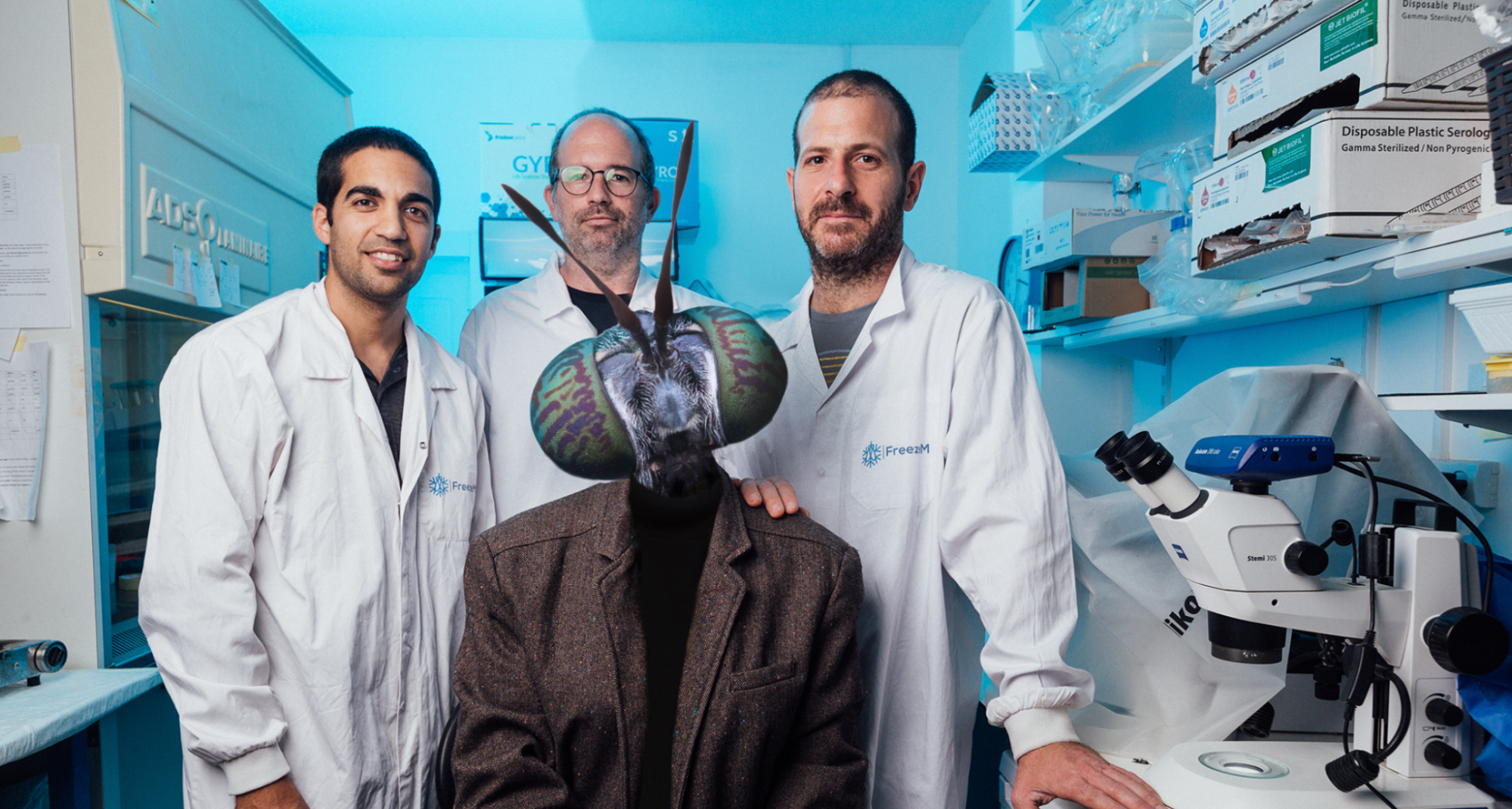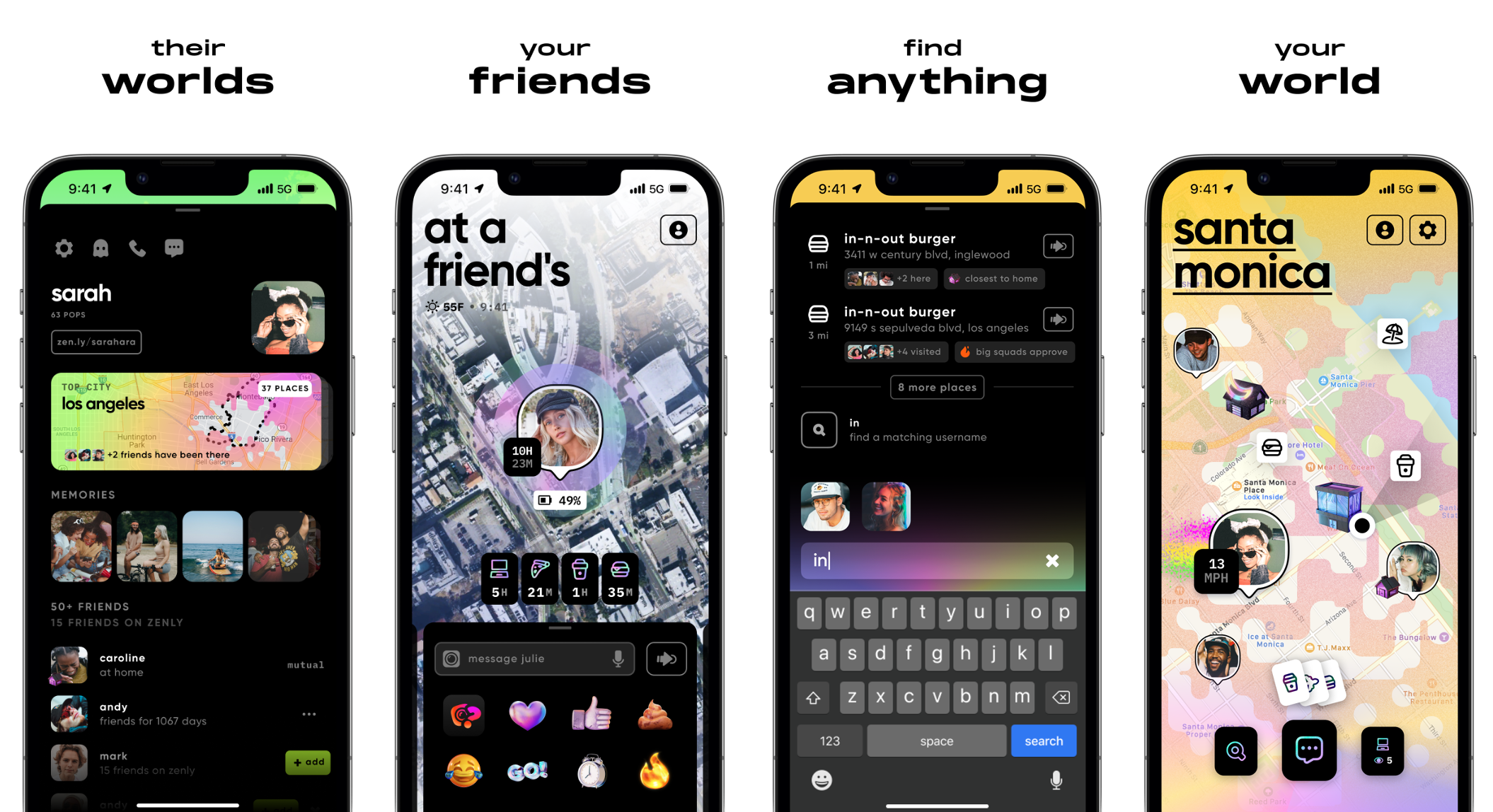Pomplamoose had a problem. The musical duo, made up of Jack Conte and his wife Nataly Dawn, were uploading extremely popular videos to YouTube but struggling to make a living.
Their solution? To create a crowdfunding site for creative artists, like a “kickstarter for people who release stuff on a regular basis”. So the San Francisco-based startup Patreon was born in 2013. Last year, the site enabled 100,000 creative artists around the world to earn a collective $300m from 2m active patrons. More on their business model here.
Sifted’s John Thornhill caught up with Conte, Patreon’s chief executive, on his recent swing through London to hear how he had built and scaled his company and how Europe differs from the US.
How do you reconcile being an artist, which is all about striving for perfection, with business, where the perfect is often the enemy of the good?
Trying to find the right balance is really important. I am a perfectionist and I have actively had to work against that my whole life even with Pomplamoose, even with the band.
I’ll give you an example of suppressing my perfectionism. Any song that I have ever uploaded to iTunes for the band was always titled ‘Telephone Rough Six’ for example. It was our sixth rough cut. But it would end up on iTunes because there was a moment when we had done enough rough cuts and we wanted to get the song up. I never uploaded a song called ‘Telephone Final Copy’. That never happened. I was never able to tie up the present with a bow and ship it.
I had to trick myself into publishing my work because I never felt it was good enough. There’s a wonderful quote I love from Leonardo da Vinci: “Art is never finished, it’s only abandoned.”
How do you keep going as a startup entrepreneur? What are the upsides and downsides?
I think the upsides are long-term satisfaction and reward and impact. This is probably going to make a lot of folks angry who are super into well-being, but I’m not motivated by day-to-day happiness. That’s not why I do things. I totally understand why people build their lives so they can be happy every day. But I am motivated by the impact on people and the world. I want to have impact for the very short blip that I am alive and conscious.
So you want to put a dent in the universe as Steve Jobs said?
That’s what it is for me. Yes, that is the primary benefit of being an entrepreneur: scale and impact and the fact that you can help other people live their dreams and live their passions. The people using Patreon, these are my people, these are creators. Sending them cheques every month? There’s nothing that feels better than that. Paying people to be creative? Fuck, it’s the greatest feeling in the world.
Did you have a long term vision for your business when you started? Or were you just trying to solve a problem?
Vision? No, not at all. It was very much a case of: ‘this doesn’t work, let’s fix this’. I thought it had potential to be something. Did I think that Patreon was going to be where it is today? No way! I was just thinking: let’s solve this problem.
It was only three people using the platform at first: me, my wife, and my roommate. It was very small, just the kernel of something. I was interviewing another entrepreneur who founded a media company recently. The way they described it was perfect: one logical step to the next.
You launch a platform and then hundreds of people start writing in. At first, you answer your emails and you’re answering hundreds and hundreds of emails. And you’re then like, we can’t do this. We need to hire people to answer our emails. Then you learn there is something like Zendesk and a ticketing support system. So you hire someone to support that system. Then you realise that person’s really expensive so you have to raise capital so you talk to some VCs and you raise $2m and then you realise that we need to do board management. It’s one problem after another.
All that stuff compounds and then you look up six years later and you realise that you have a company with 170 employees that has raised $105m and you’re sending billions of dollars to creators. It doesn’t start like that. It starts with little painful things, one after the other.
When you’re trying to do a thousand things at the same time how do you prioritise?
That’s the most important thing. You can lock yourself up and go through paralysis by being too careful about prioritisation. But you can also tank the company if you’re not careful enough about prioritisation. I struggle with that balance.
Startups that are really good at prioritisation win. You cannot do 10 things well at once. You can do one thing well at once. Picking the one thing to do really, really well at any given moment is really critical. And knowing when it’s good enough and moving onto the next thing and dropping everything else that is really, really hard.
At any given moment, I’ll have one thing that is the most important thing. Recently, for example, the most important thing was hiring a vice president of engineering. So I literally moved my desk over to recruiting and sat with the recruiting team. Because that is where I needed to be. Prioritising is the name of the game.
What was the most difficult thing when you were starting out? How did you transition from being a founder to a manager?
I’ll point to two different things, one is very specific and the other is philosophical.
The specific one is: recruiting. Finding people that believe in your crazy idea that doesn’t exist yet, yeah, good luck! That’s really hard. We had to spend a tonne of time thinking about the strategy of recruiting. How do we pitch? And how do we find the right people? What the flow was. What the process was. That was so hard.
The second thing, and this is the philosophical thing, is that I’m an affected person. I am very passionate. I am logical but I also have strong emotions. I’m a human. When you’re a manager and you make a mistake it hurts other people. It hurts humans. You are causing someone else pain. If you’re an artist and you make a mistake, it hurts your art. The hardest thing for me was projecting into the future and thinking as I grow and learn as a manager I am going to continue to make lots of mistakes.
So looking at the path forward and thinking of causing lots of people pain over and over again… You have to be something of a crazy person to want to do that, I think. That was the hardest trade-off for me.
So, how did you keep learning?
You keep taking risks, and you keep trying things. I kept experimenting with new ideas, with new management techniques, I would read a tonne. I basically only read non-fiction and it’s only books on leadership and business.
What books do you recommend?
The best book about starting something from nothing is The Hard Thing about Hard Things by Ben Horowitz. Another book, which is kinda cheesy, is Winning by Jack Welch. He’s on the front cover with a power tie, but boy is it inspiring. There are some great quotes in that book. He says: ‘People think companies are made of systems, but that’s not right. Companies are made of emotions.’ That is such a fantastic insight in terms of building an organisation.
How does Europe differ from the US?
I definitely see the difference in sensibility and culture between Europe and the US. An example: I was walking with my wife through London just a couple of days ago and there was a curved courtyard with a beautiful giant tree in the middle. They build this courtyard around the tree because you’re not supposed to cut down old trees. Maybe that does happen in the US but I haven’t seen it. It’s just such a beautiful, wonderful, cultural value. It made the building unique in giving it a curvy, weird shape. Our takeaway was there is a value set here that is really human. There are a lot of startups that are very mission-driven to their core.
At the moment, Patreon is 60:40 in terms of business in the US and the rest of the world. Where is that international audience spread?
A lot of it is English-speaking countries: UK, Australia, Canada. A lot of it is the rest of Europe: France, Germany, Spain. A lot of it is South America, particularly Brazil and Argentina. You get so much more traction when you integrate with local currencies and have better conversions for creators. Our creators are demanding it. And from Patreon’s standpoint, gosh, it’s great for business. If we can help people get more patrons then that is really good for Patreon.
Are artists increasingly going global?
It depends. A vlogger will be very language based. Music is much more international and doesn’t require a particular language. We believe that the majority of patronage and creativity is outside the US so that’s a great opportunity.


